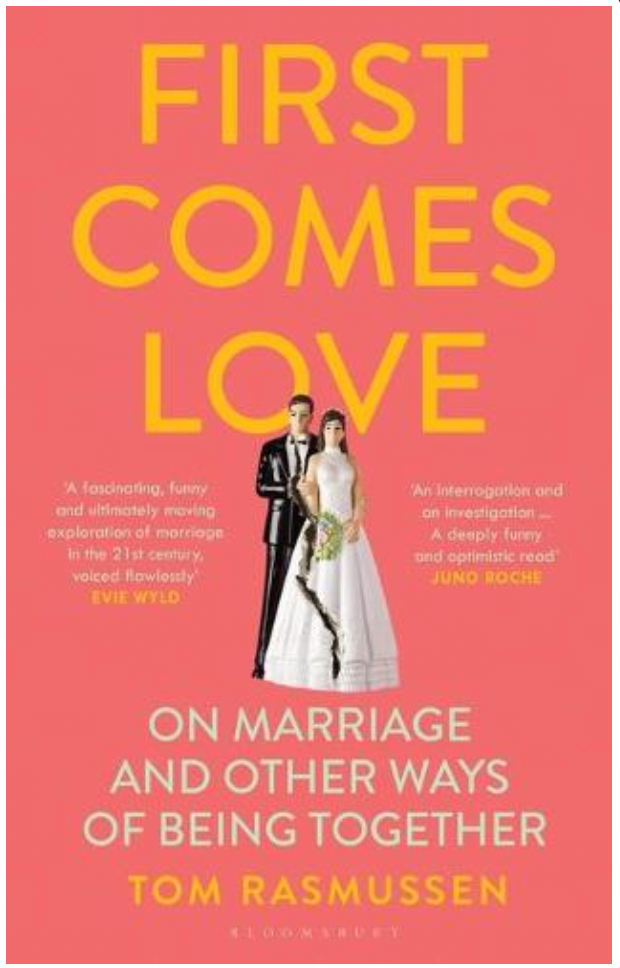Who Is A Wedding For, Anyway?
Collage BY ANNA JAY.
I’ve spent the last two years doing a deep dive into wedding culture, the institution of marriage and my changing attitudes to this thing I always wanted but had come to politically and intellectually loathe. I spoke to people who’d done it differently, people who'd done it traditionally, people who'd done it with four people. I spoke to people who’d married themselves, a woman who married a ghost. I spoke to the Westboro Baptist Church and Candace Bushnell, the original Carrie. I spoke to my friends, my boyfriend, my parents, his parents. But through all this research, the one thing I didn’t think about, not until I was nearing the deepest part of my dive was: who is a wedding for?
AdvertisementADVERTISEMENT
Portia, a woman I spent a while with for one of the chapters of my book, First Comes Love, got divorced after what had appeared to be a perfect marriage. They have three kids, all brilliant; a perfect home. They were fabulous, fascinating, chic, wealthy. If you were to draw a picture-perfect marriage, theirs would have been it. But that picture would be a lie. Not because it was awful at all but because, to paraphrase, Portia told me that so much of her marriage was scrubbing away the imperfections for the sake of an audience. She told me that after marriage, she felt something psychologically shift within her, that you and your spouse become a sort of team, sealed by the social code of matrimony.
I was fascinated by this and I started to observe it among my married friends: changes in how they talked about their partners. Where it would have been fine to criticise or complain before, once there was a ring on the finger they felt it was no longer acceptable to moan or bitch in the same way.
And so I got to thinking about audiences. About how this dynamic all begins on the wedding day: a day when you, in front of all your loved ones, the law and God (if that’s your jam), stand up and vow to honour, obey, cherish this person in front of you. And while indeed this is, even for a cynic like me, a really beautiful moment, one that makes everyone cry, the public nature of it also creates an odd contract of pressure. One made not only between you and your partner but between the couple and the audience. And that's a hard contract to break.
AdvertisementADVERTISEMENT
So while I found myself asking who is a wedding for? I found myself also asking about a lot of the public-facing practices we’ve come to see as analogous to love. Posting pictures on social media of you and your partner above the caption ‘tacos with this one’, saying ‘we’ even when it’s just you, tidying the house before guests come round. So much of it all is for an audience.
Now, that’s no bad thing necessarily. Sometimes we need an audience – god knows life would be dull if there was no one watching. And perhaps, in a culture so terribly repressed as the one here on Brexit Isle, a little public display of affection never goes amiss. But I found myself wondering if perhaps we are all watching the wrong thing, all performing the wrong thing.
Indeed love should be celebrated but given the statistics on how many marriages are happy — with half of marriages ending in divorce and a lot of the intact ones ending up miserable — why do we spend so much time celebrating a moment which often binds us into this contract of pressure?
Last week I was messaging a friend who is anti-marriage. Her fantasy is to have a short, sharp marriage and a long, glamorous, performative divorce. While that’s a deeply fabulous option, my hope is that as a generation which has an opportunity to see the above statistics and make informed decisions on the ways we organise our future, we might alter the place and priority of marriage in our emotional biographies. We might become more responsible with the contracts we create – as audience members and as the performing partnership – and understand that marriage isn’t infallible, and that complaining about your spouse the way you did before you were married might be key to becoming one of the happily ever after.
AdvertisementADVERTISEMENT







